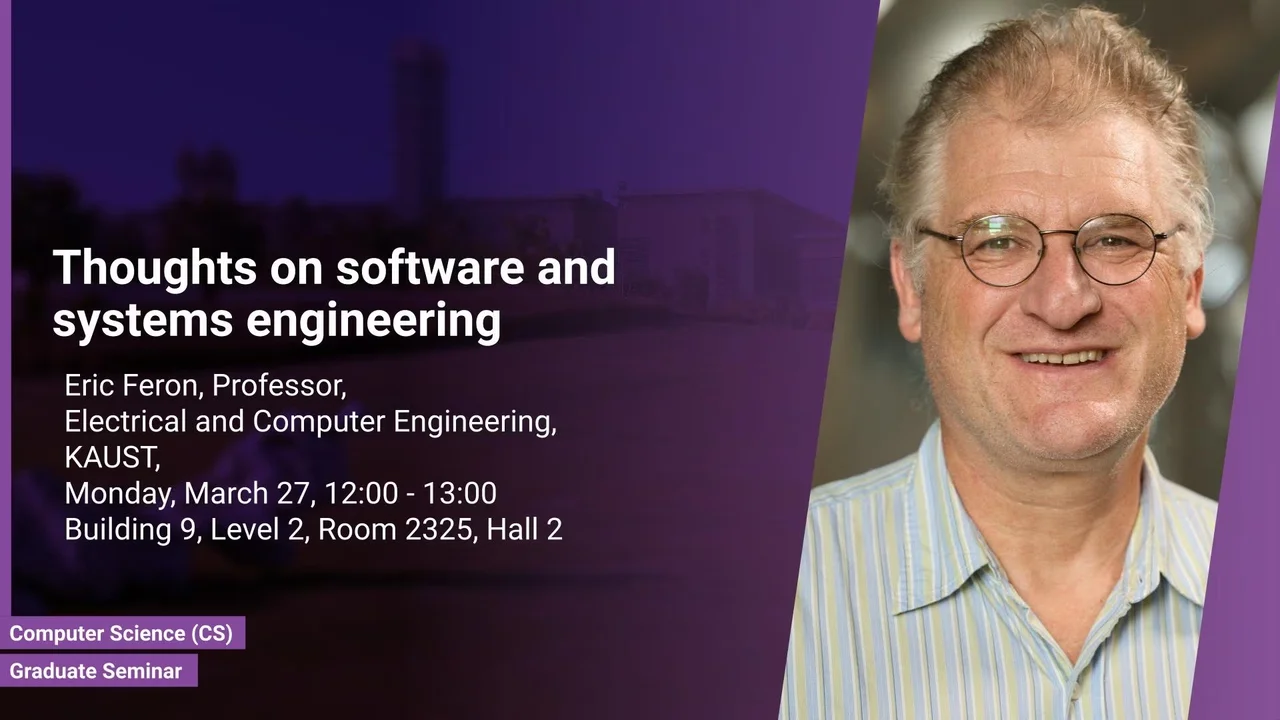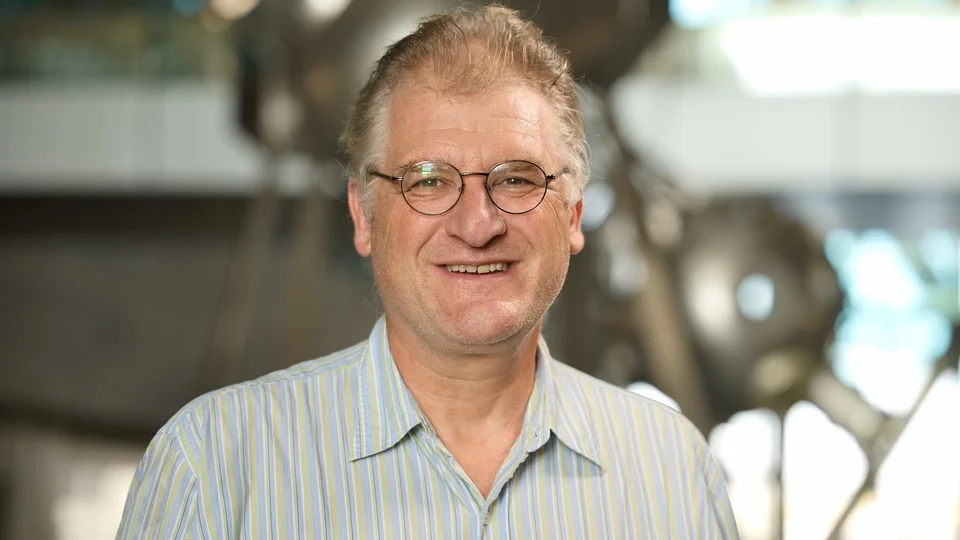
Thoughts on software and systems engineering - 2023-03-27
B9 L2 H2 H2
Complex systems and software engineering, and associated challenges become increasingly important for the well-being and safety of our society of humans. Motivated by this push towards ever more complex systems and software of all sizes, spectacular failures, and decades of questioning in a variety of contexts and endeavors, this talk presents a theory of complex systems engineering, that is, a scientific theory in which an engineered system or software can be seen as a validated scientific hypothesis arising from a convergent mix of mathematical and validated experimental constructs. In its simplest form, a complex engineered system is a manufactured, validated scientific hypothesis arising from a mathematical theorem similar to those found in theoretical physics. This observation provides suggestions for improving system design, especially system architecture, by leveraging advanced mathematical and / or scientific concepts. In return, mathematicians and computer scientists can benefit from this bridge to engineering by bringing to bear many of their automated and manual theorem proving techniques to help with the design of complex systems.
Overview
Abstract
Complex systems and software engineering, and associated challenges become increasingly important for the well-being and safety of our society of humans. Motivated by this push towards ever more complex systems and software of all sizes, spectacular failures, and decades of questioning in a variety of contexts and endeavors, this talk presents a theory of complex systems engineering, that is, a scientific theory in which an engineered system or software can be seen as a validated scientific hypothesis arising from a convergent mix of mathematical and validated experimental constructs. In its simplest form, a complex engineered system is a manufactured, validated scientific hypothesis arising from a mathematical theorem similar to those found in theoretical physics. This observation provides suggestions for improving system design, especially system architecture, by leveraging advanced mathematical and / or scientific concepts. In return, mathematicians and computer scientists can benefit from this bridge to engineering by bringing to bear many of their automated and manual theorem proving techniques to help with the design of complex systems. Clear classifications of what is "hard" and what is "easy" in mathematical proofs can instantaneously map onto similar appreciations for system design and its reliance on engineers' creativity. Last, understanding system design from the mathematical-scientific viewpoint can help the system engineer think more maturely about organizing the multitude of tasks required by systems engineering. Following these conclusions, a limited set of experiments is presented to try and invalidate the proposed systems engineering theory by confronting it to existing educational programs in systems engineering in the United States of America. Concurrent with these invalidation efforts, this report argues that there is a significant lack of education in basic mathematics and/or engineering science in many systems engineering programs. Such weaknesses challenge the current and future industrial efficiency of all corporate or government institutions engaged in the pursuit of complex engineered systems excellence.
Brief Biography
Eric Feron is Professor of Electrical, Computer, and Mechanical Engineering at King Abdullah University of Science and Technology, Saudi Arabia. Eric Feron’s interests are using fundamental concepts of control systems, optimization theory and computer science to address problems in aerospace and transportation engineering, including air transportation, aerial robotics, software and system certification, and human-machine interaction. He has also started three companies. His attention is currently turning towards the Red sea and possible technological development for its development and conservation. Feron has been doing research and teaching at Ecole Nationale de l’Aviation Civile, France, the Georgia Institute of Technology, USA, the Institut Supérieur de l’Aéronautique et de l’Espace-Supaéro, France, the Massachusetts Institute of Technology, USA, and the Office National d’Etudes et Recherches Aérospatiales, France. He has licenses to operate manned vehicles in the air, on the ground, at sea and underwater.
